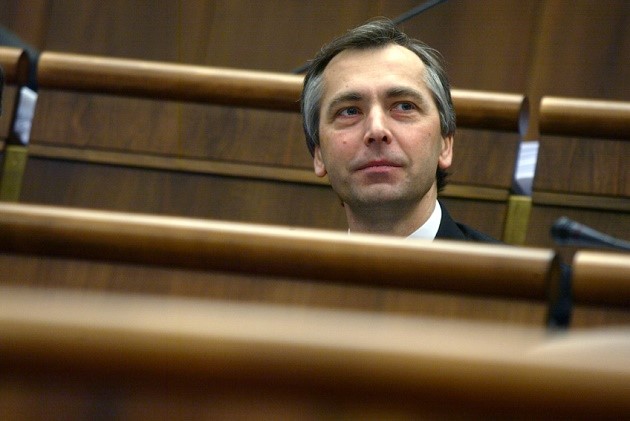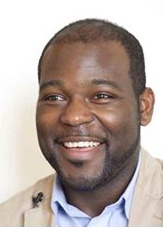EU special envoy for the promotion of freedom of belief is “notable progress”
The European Evangelical Alliance (EEA) welcomes the appointment. President Juncker announced that the former Education commissioner Jan Figel’ will take on a one year mandate.
BRUSSELS · 17 MAY 2016 · 09:01 CET

It took everyone by surprise but it was supposed to be an answer to a resolution of the European Parliament: The President of the European Commission, Jean-Claude Juncker, announced the last 6th of May in a meeting with Pope Francis in the Vatican, that he will appoint a special envoy for the promotion of freedom of religion or belief “outside of the European Union”.
The former commissioner of Education, Training, Culture and Youth (2004-2009), the Slovak Jan Figel’ assumed his role the same day for a (renewable) one-year mandate. Mr. Figel’ is known to be a committed Roman Catholic and was First Deputy-Prime Minister of Slovakia from 2010 to 2012.
The Commission press release explains that the “European Parliament supports and has called for this initiative” in a resolution of the 4th of February. This resolution concerned the mass murder of religious minorities and it was the first time the EP called “genocide” an on-going conflict.
The text urged the international community and the Member States of the EU to take action. One of the demands of the European Parliament was to “establish a permanent Special Representative for Freedom of Religion or Belief”.
President Juncker said that Freedom of religion of belief (FoRB) is a fundamental right and that “the persistent persecution of religious and ethnic minorities makes protecting this freedom inside and outside the EU all the more essential”.
A COMPLICATED MANDATE?
Mr. Figel’ is the first EU special envoy for a specific human right. So far, the EU only had Special Representatives for regions or countries (Kosovo, Afghanistan…) and a Special Representative for Human Rights in general, which all depend on the European External Action Service (EEAS). The Special Envoy for FoRB mandate is a surprising one because it depends on the Commission and not the EEAS and because it includes an internal dimension.
As President Juncker said, “protecting this freedom inside and outside”, the mandate seems unclear: the special envoy will serve under the Commissioner for International Cooperation and Development, which is only one part of the EU’s foreign action. The rest is dealt by the Council (the Member States) and implemented by the European External Action Service. The press release does not mention the EEAS.
“UNBLOCK FINANCIAL MEANS”
“The Commission tries often to have the appointments instead of the EEAS. The EEAS has limited budget whereas in the Commission, the Special Envoy will be able to unblock administrative and financial means”, explained to Evangelical Focus Christel Lamère Ngambi, the Brussels representative of the European Evangelical Alliance (EEA).

Lamère welcomes the news and says that as a “notable progress” because the EEA has been working on that since 2011: “It is preferable to have a mandate like this because it means Mr Figel’ will have support in different sectors of the Directorate General of Development, but also Justice and Internal Affairs and the Vice-presidency of Timmermans, and finally the EEAS”.
Published in: Evangelical Focus - europe - EU special envoy for the promotion of freedom of belief is “notable progress”
